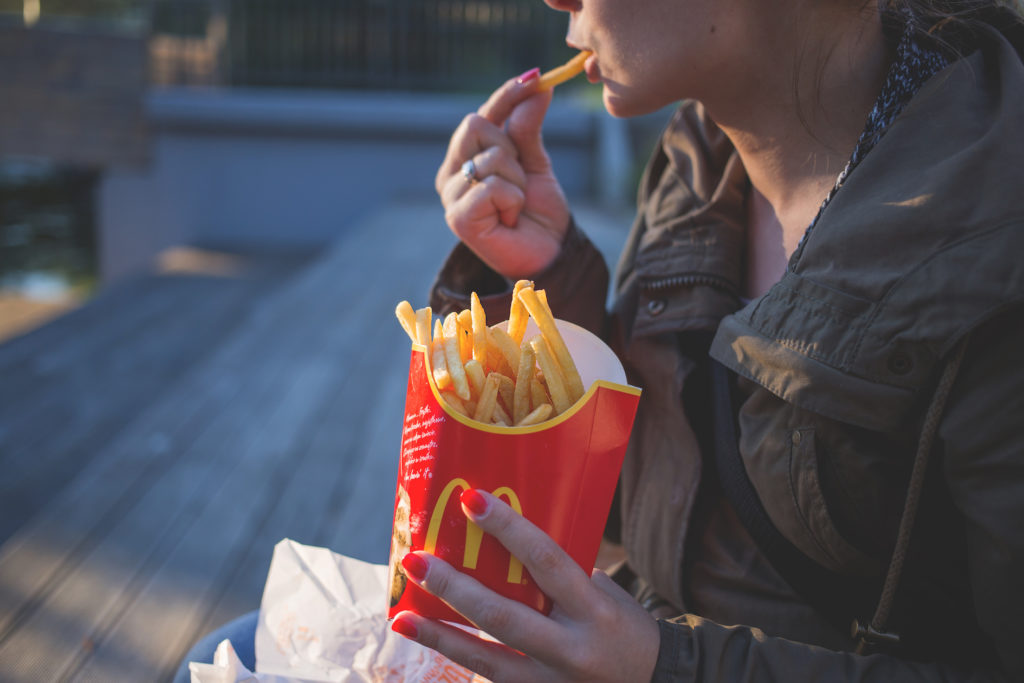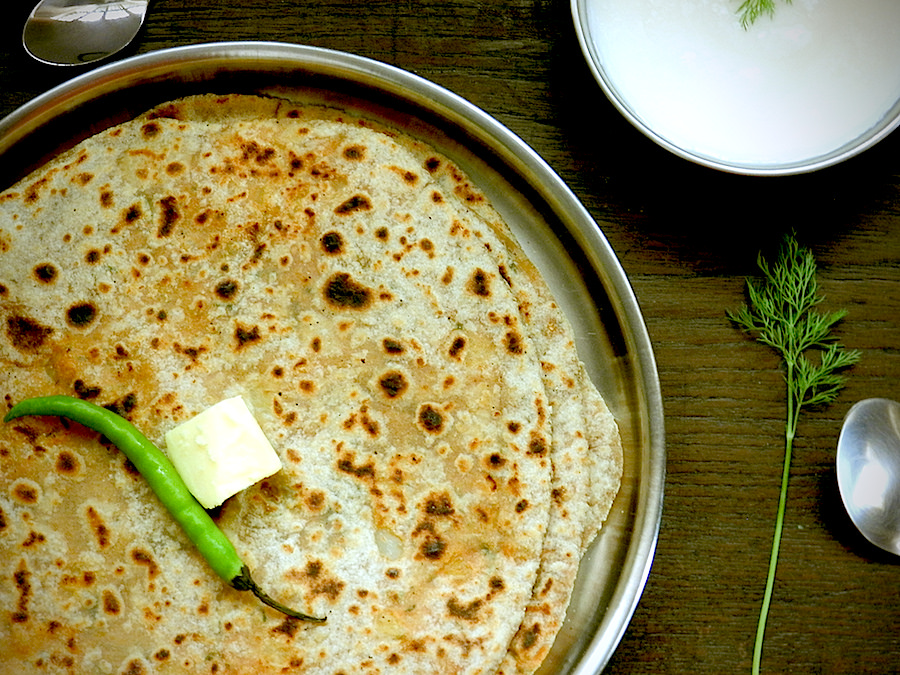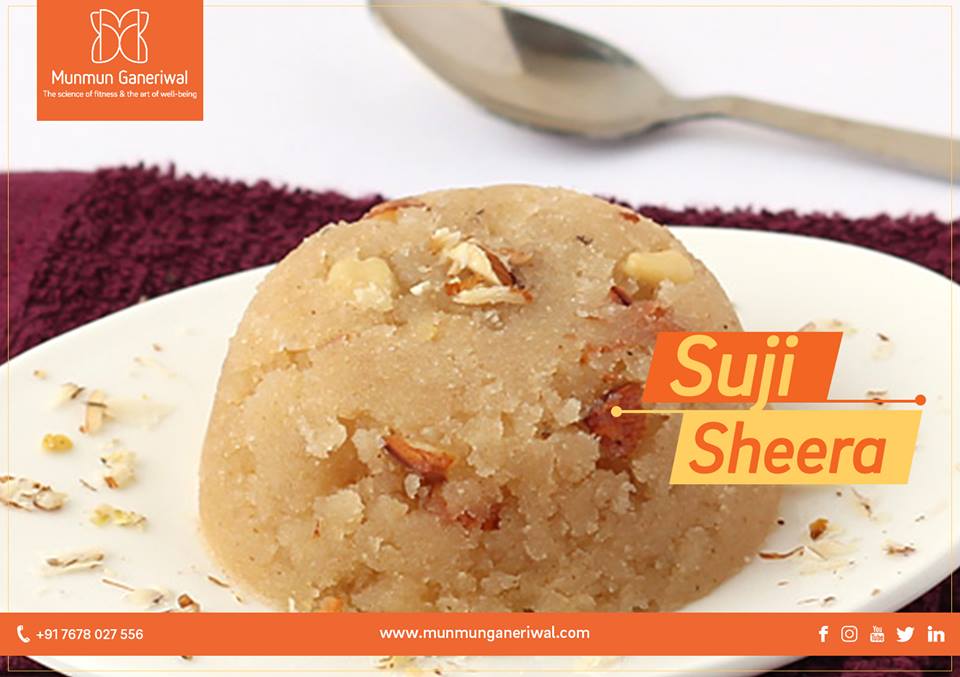
Make your own Tasty but Healthy Breakfast: Suji Sheera (West India)
If you think that eating Suji Sheera means taking in unwanted calories, then you ought to think twice!
This delicious Indian breakfast sweet is ideal for keeping blood sugar under check, losing weight and also preventing anemia!
Read below to know more-
1. Anti-ageing – Ever wondered why the high-end global beauty brands use sugar in their cosmetics and skin care products? Its because sugar hydrates the skin and makes it look younger. Sugar is also a natural source of glycolic acid, an alpha hydroxy acid (AHA), that has anti-ageing properties.
2. Accelerates fat-burning- Suji sheera being rich in essential fats like ghee and nuts, helps to boost fat burning. Consuming good sources of fats not only promotes satiety (and mindless over-eating later), the short chain fatty acid in it also helps to get rid of stubborn fat stores.
3. Good for hormonal imbalances- In Sooji sheera, the antioxidants- rich kesar comes together with Sooji that is a great source of Zinc and Selenium. Hence, this makes it a great breakfast choice for those with PCOS, thyroid, insulin resistance etc.
4. Anti-inflammatory- The cardamom in the sheera has great anti-inflammatory properties that work at reducing pain, swelling and bloating.
Few more options that are quick, easy and equally healthy are-
1. Kanda Poha
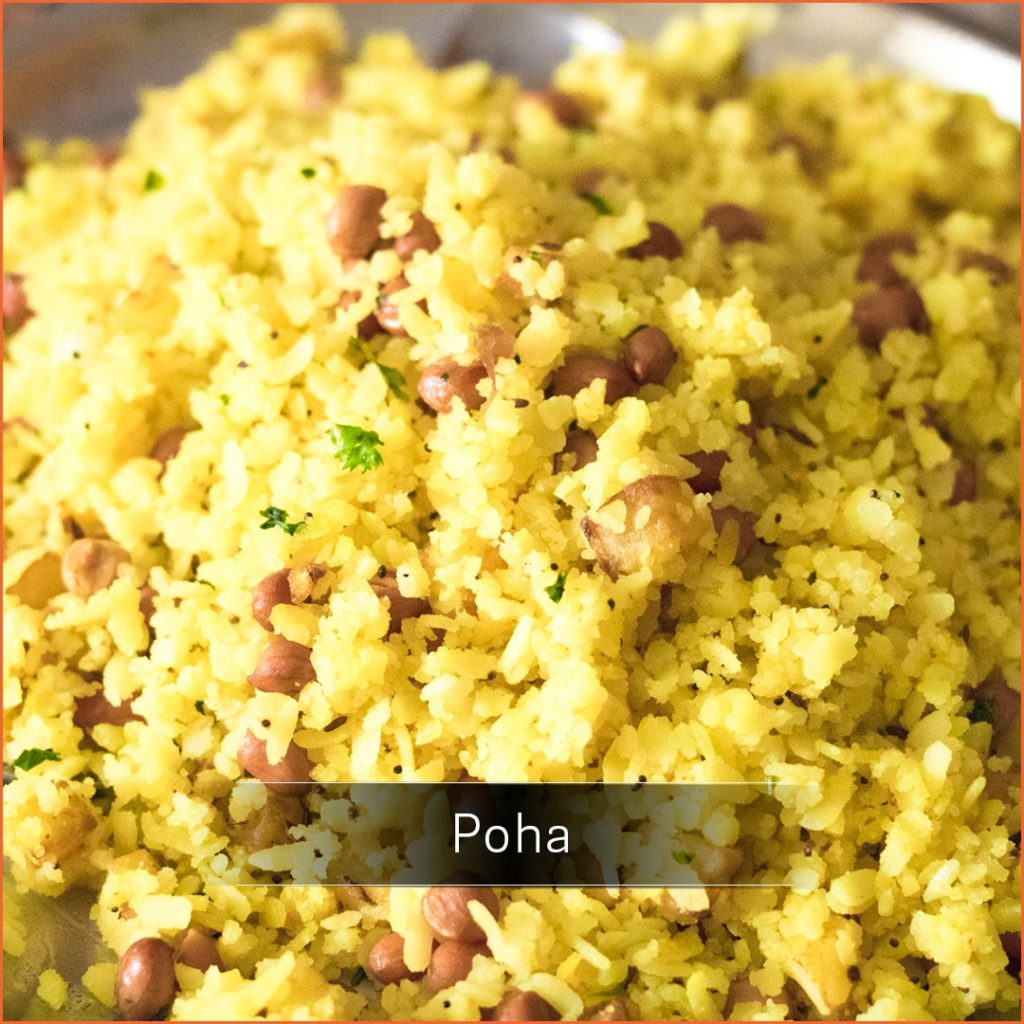
2. Khakra with ghee
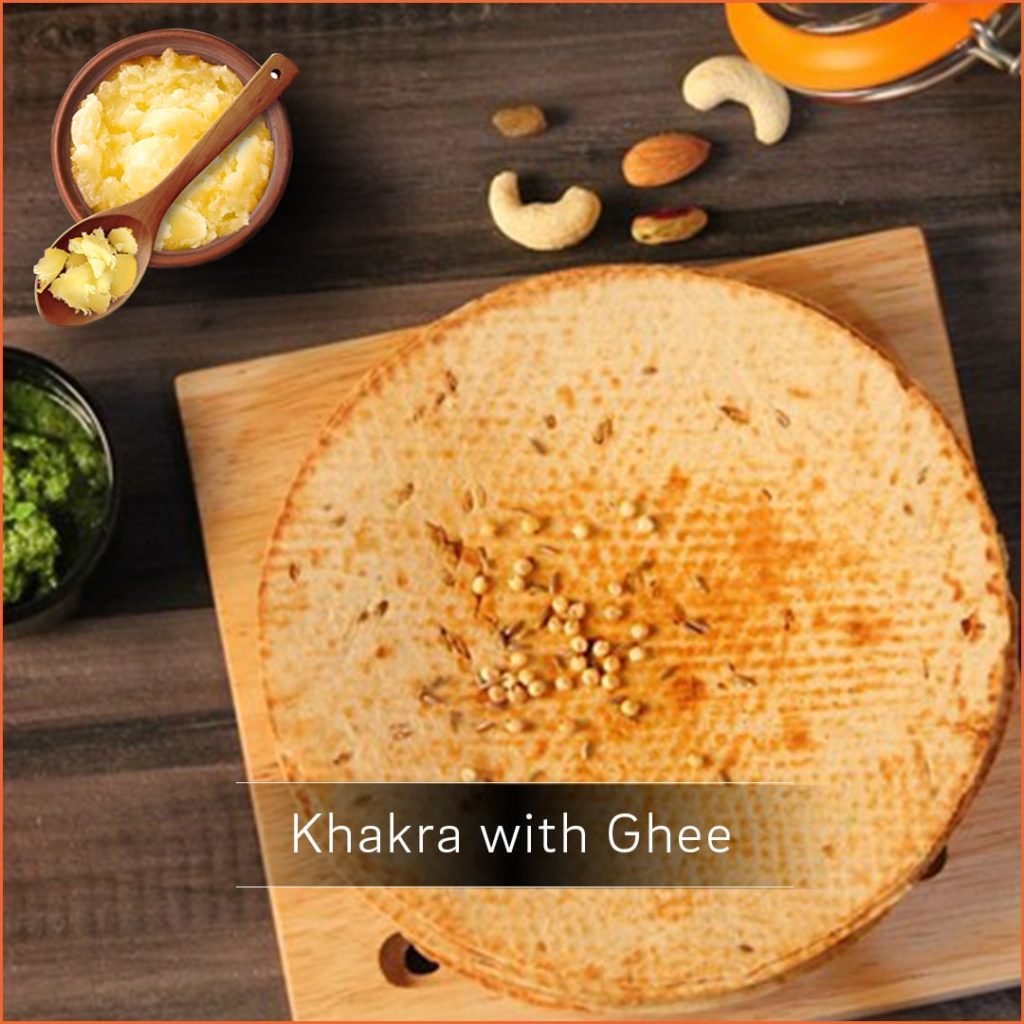
3. Nachni Satv
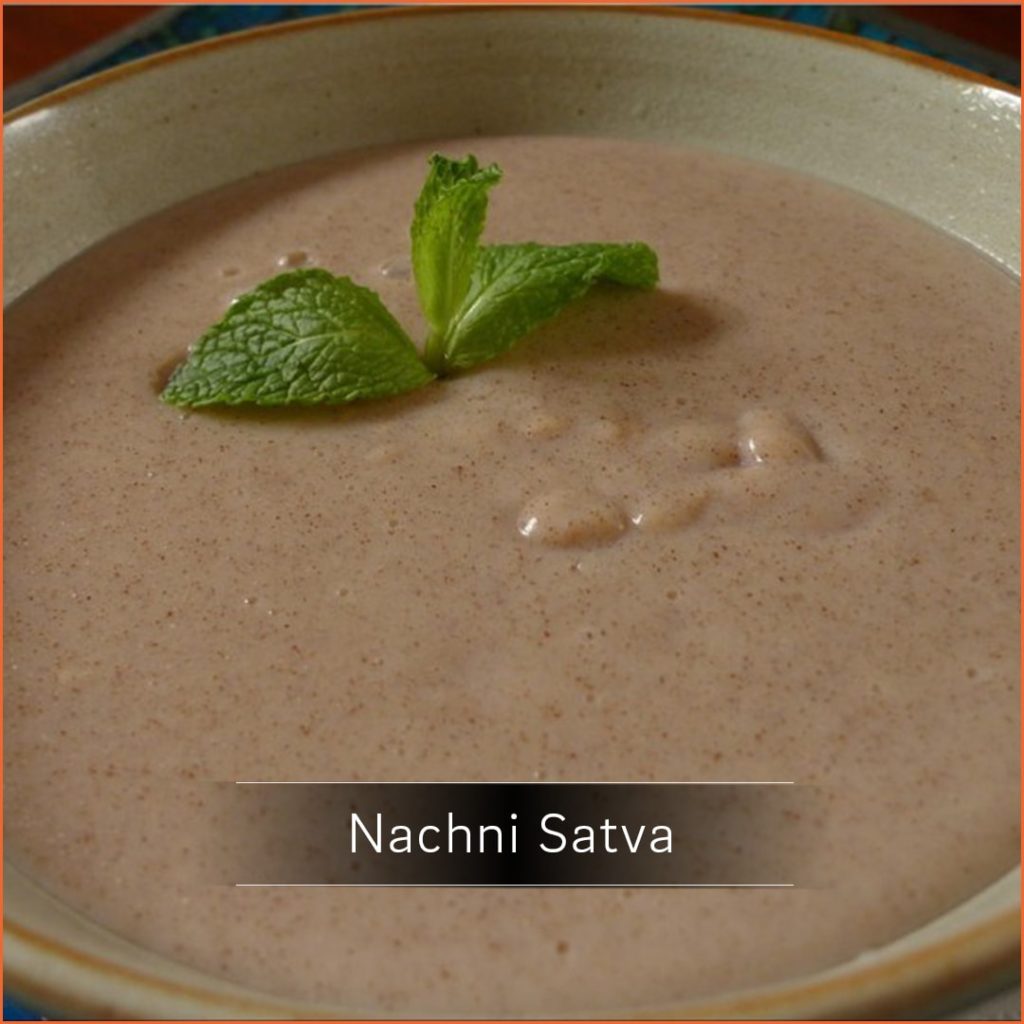
4. Egg and Pav
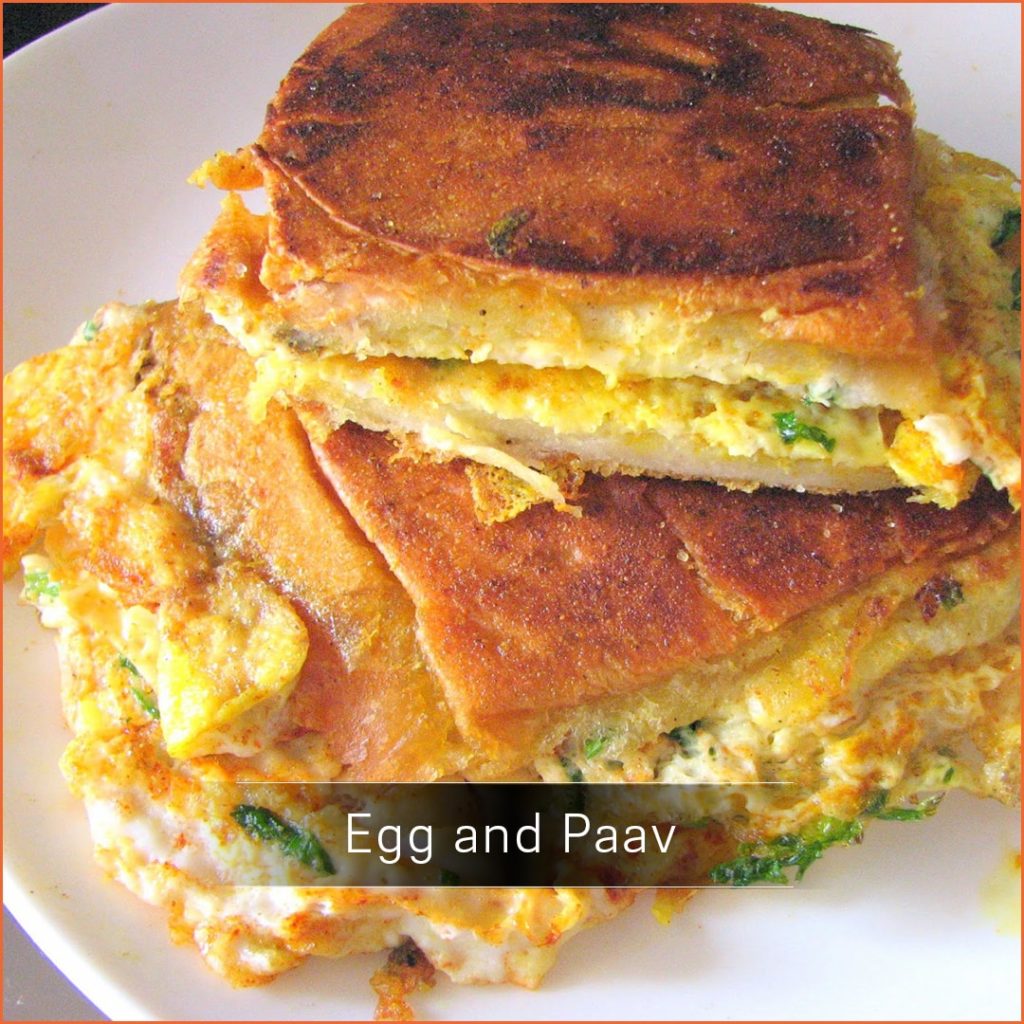
Confused by the misinformation about potential health problems with traditional Indian foods? Get in touch with award-winning Mumbai dietitian and nutritionist, Munmun Ganeriwal, a strong advocate of the holistic, wellness benefits of fresh, local, and traditional Indian foods

